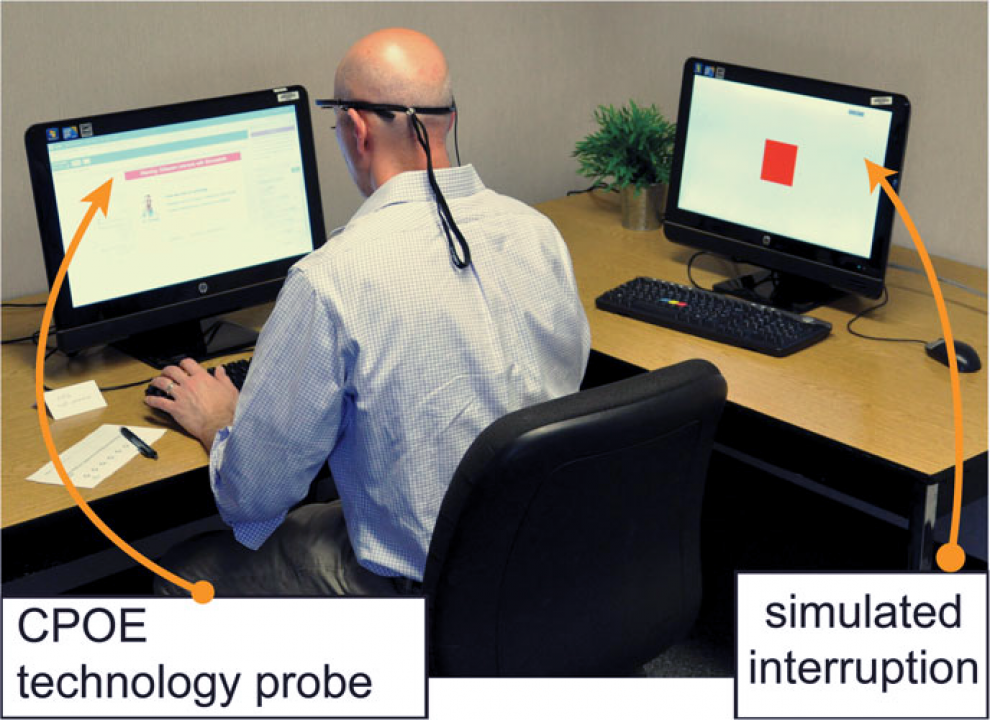|
|
||||||||||||||||||
Design and Evaluation of Trust - Eliciting Cues in Drug - Drug Interaction Alerts
Authors: Chattopadhyay, D., Verma, N., Duke, J., Bolchini, D.
Publication: Ineracting with Computers, 2018, Oxford University Press, The British Computer Society Drug-drug interaction (DDI) alerts safeguard patient safety during medication prescribing, but are often ignored by physicians. Despite attempts to improve the usability of such alerts, physicians still mistrust the relevance of simplistic computerized warnings to support complex medical decisions. By building on prior fieldwork, this paper evaluates novel designs of trust - eliciting cues in DDI alerts. A sequential mixed-method study with 70 physicians examined what trust cues improve compliance, promote reflection, and trigger appropriate actions. In a survey, 52 physicians rated the likelihood of compliance and usefulness of redesigned alerts. Based on these findings, alerts were assessed in a scenario-based simulation with 18 physicians prescribing medications in 6 patient scenarios. Our results show that alerts embodying expert endorsement, awareness of prior actions, and peer advice were less likely to be overridden than current alerts, and promoted reflection, monitoring, or order modifications - thus building towards greater attention to patient safety. Keywords: healthcare information systems; health informatics; clinical alerts; trust in socio-technical systems; interaction design; decision-making Date: December 18, 2018 Document: View PDF |